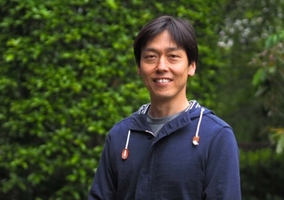Bio
Dr Kondo. has been an Associate Professor of Social Epidemiology at the School of Public Health, the University of
Tokyo since 2012. His primary research themes are social determinants of health. He is the vice chief investigator of
the Japan Gerontological Evaluation Study, a cohort study following up more than 100,000 older adults nationwide
in Japan. His recent study focuses on how to address health inequality in the community settings, conducting
intervention studies with local and central governments. Dr Kondo is the member of Clinical Consortium for Health
Ageing, World Health Organiz ation. He holds multiple roles as committee members and advisors for Parliamentary
Groups and Ministry of Health, Labour and Welfare, Japan. He has published nearly 200 peer reviewed papers in
journals such as the Lancet, BMJ, Int J Epidemiology, etc.

